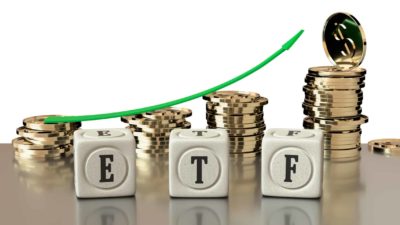Bitcoin (CRYPTO: BTC) may have found itself a bottom after a sudden crash on Wednesday wiped out as much as 30% of its value. After briefly touching US$30,000 around 11pm on Wednesday, Bitcoin bounced back a coincidental ~30% to US$39,700 at the time of writing.
Other popular tokens including Dogecoin (CRYPTO: DOGE) and Ethereum (CRYPTO: ETH) have also recovered a respective 90% and 60% off lows.
China's crackdown on crypto could be a driving catalyst behind the steep selloff, alongside Elon Musk's decision to pull the plug on Bitcoin payments at Tesla Inc (NASDAQ: TSLA) last week.
As it's common for crypto trading platforms such as Coinbase Global Inc (NASDAQ: COIN) to offer leverage to investors, the sudden pullback saw a surge in liquidations. At the height of the selloff, more than ~840,000 traders were liquidated to an amount totalling some US$9 billion.
Cryptocurrencies are likely digesting the implications of China's tough laws on cryptocurrency and Musk's stance on the environmental implications of Bitcoin mining and transactions.
Past recoveries
Bitcoin has had much larger selloffs in the past, but the digital asset somehow always managed to bounce back.
In some cases, the recovery has been almost V-shaped. Its February 2020 COVID-19 driven selloff wiped out more than half its value from US$10,300 to US$4,700 between 15 February and 12 March. Just two months later, prices had recovered back to the US$9,000 level.
But the 2017 to 2019 crypto bear market tells a much more harrowing story. After reaching a peak of almost US$20,000 in late 2017, Bitcoin, alongside its cryptocurrency peers, plunged more than 80%.
In 2018, news such as rumours of South Korea preparing a ban on cryptocurrency trading, Japan's largest cryptocurrency OTC market getting hacked US$530 million, and social media platforms including Facebook, Google and Twitter banning advertisements on initial coin offerings sent Bitcoin spiralling to as low as US$3,160 by December 2018.
For investors that bought the peak or initial dips, it would have taken almost 3 years to break even.








